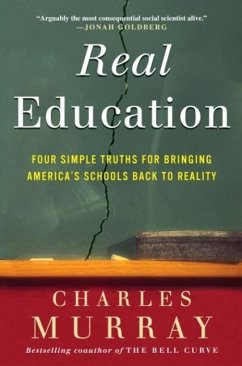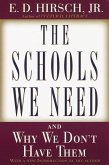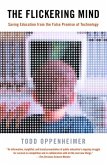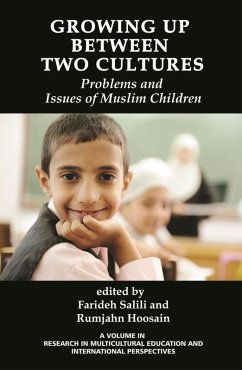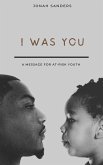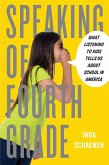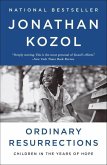With four simple truths as his framework, Charles Murray, the bestselling coauthor of The Bell Curve, sweeps away the hypocrisy, wishful thinking, and upside-down priorities that grip America's educational establishment. Ability varies. Children differ in their ability to learn academic material. Doing our best for every child requires, above all else, that we embrace that simplest of truths. America's educational system does its best to ignore it. Half of the children are below average. Many children cannot learn more than rudimentary reading and math. Real Education reviews what we know about the limits of what schools can do and the results of four decades of policies that require schools to divert huge resources to unattainable goals. Too many people are going to college. Almost everyone should get training beyond high school, but the number of students who want, need, or can profit from four years of residential education at the college level is a fraction of the number of young people who are struggling to get a degree. We have set up a standard known as the BA, stripped it of its traditional content, and made it an artificial job qualification. Then we stigmatize everyone who doesn't get one. For most of America's young people, today's college system is a punishing anachronism. America's future depends on how we educate the academically gifted. An elite already runs the country, whether we like it or not. Since everything we watch, hear, and read is produced by that elite, and since every business and government department is run by that elite, it is time to start thinking about the kind of education needed by the young people who will run the country. The task is not to give them more advanced technical training, but to give them an education that will make them into wiser adults; not to pamper them, but to hold their feet to the fire. The good news is that change is not only possible but already happening. Real Education describes the technological and economic trends that are creating options for parents who want the right education for their children, teachers who want to be free to teach again, and young people who want to find something they love doing and learn how to do it well. These are the people for whom Real Education was written. It is they, not the politicians or the educational establishment, who will bring American schools back to reality. Twenty-four years ago, Charles Murray's Losing Ground changed the way the nation thought about welfare. Real Education is about to do the same thing for America's schools.
Dieser Download kann aus rechtlichen Gründen nur mit Rechnungsadresse in A, B, BG, CZ, D, DK, EW, E, FIN, F, GR, HR, H, I, LT, L, LR, NL, PL, P, R, S, SLO, SK ausgeliefert werden.

